Gallery
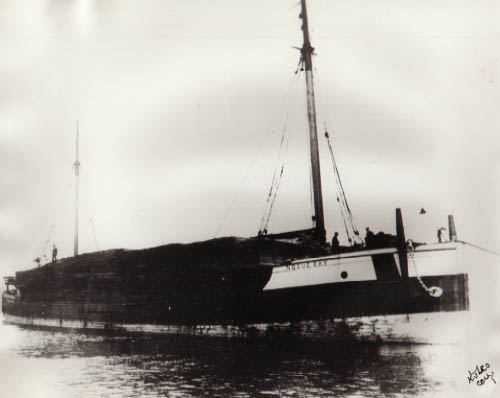
Noquebay loaded with lumber
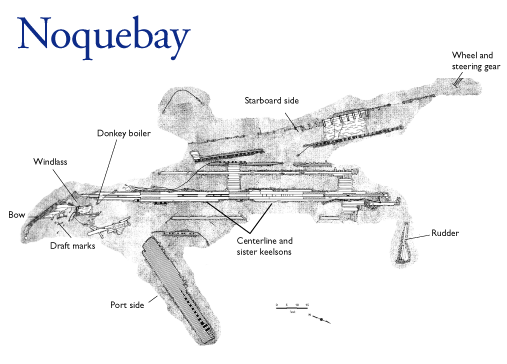
Noquebay archaeological site plan
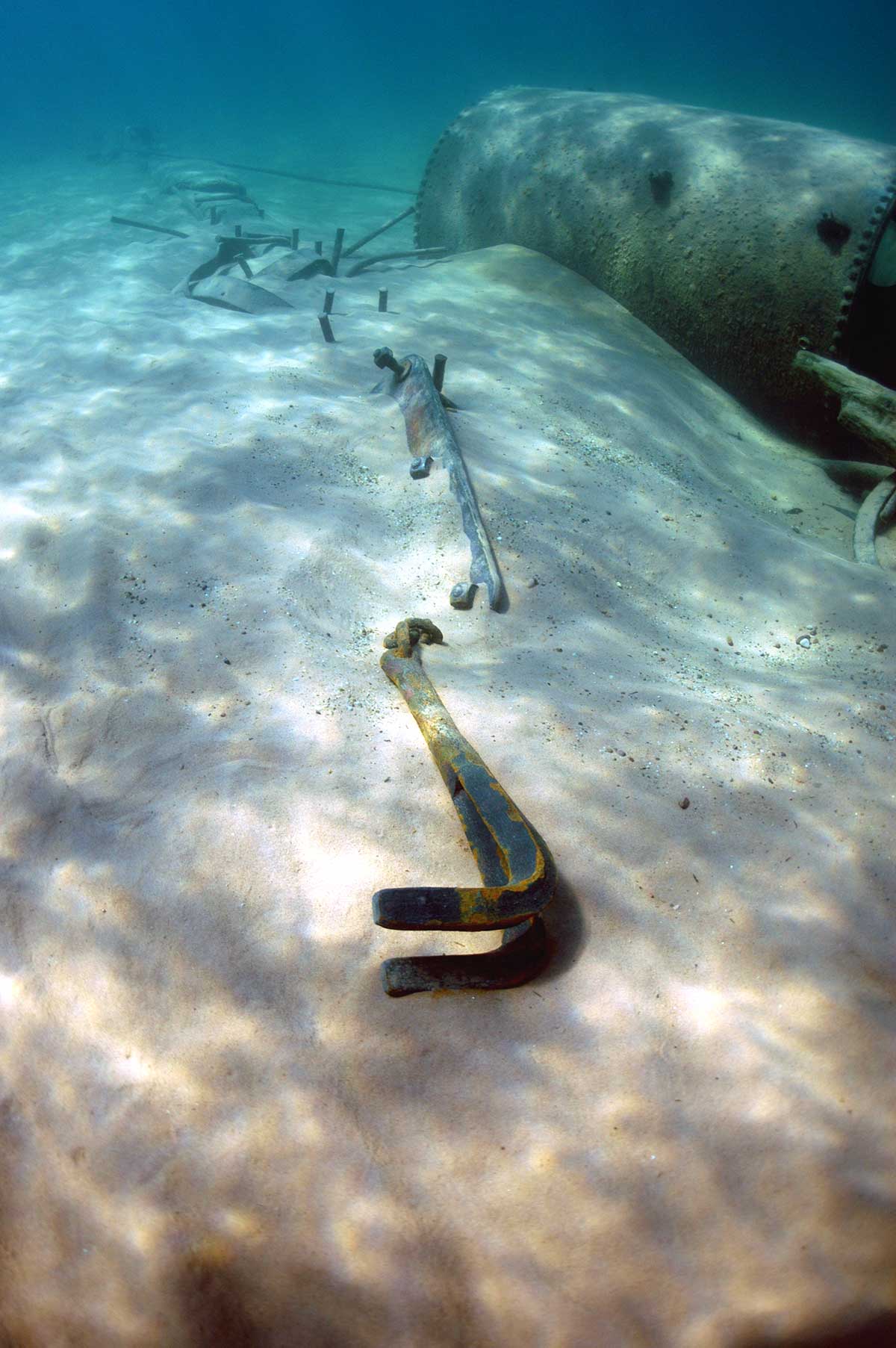
Chain stopper located next to Noquebay's boiler
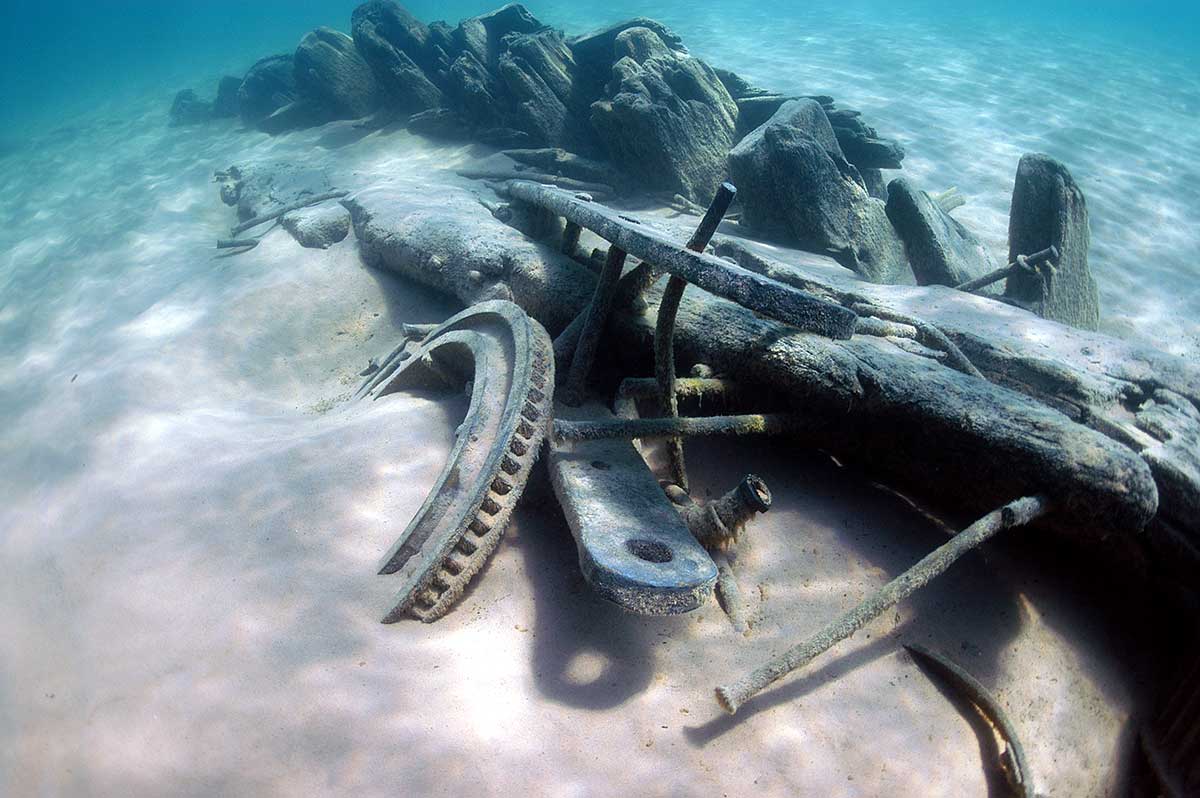
A gear remaining from Noquebay's capstan
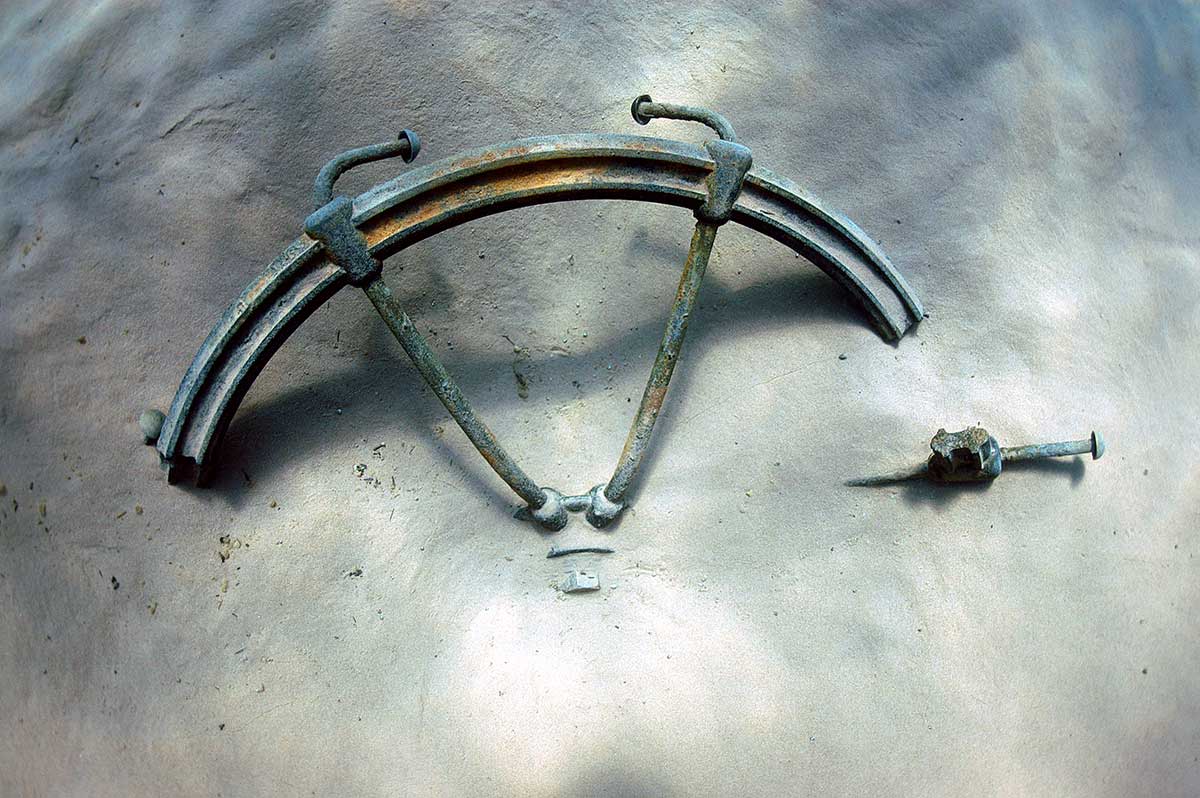
Noquebay's wheel, mostly buried in sand
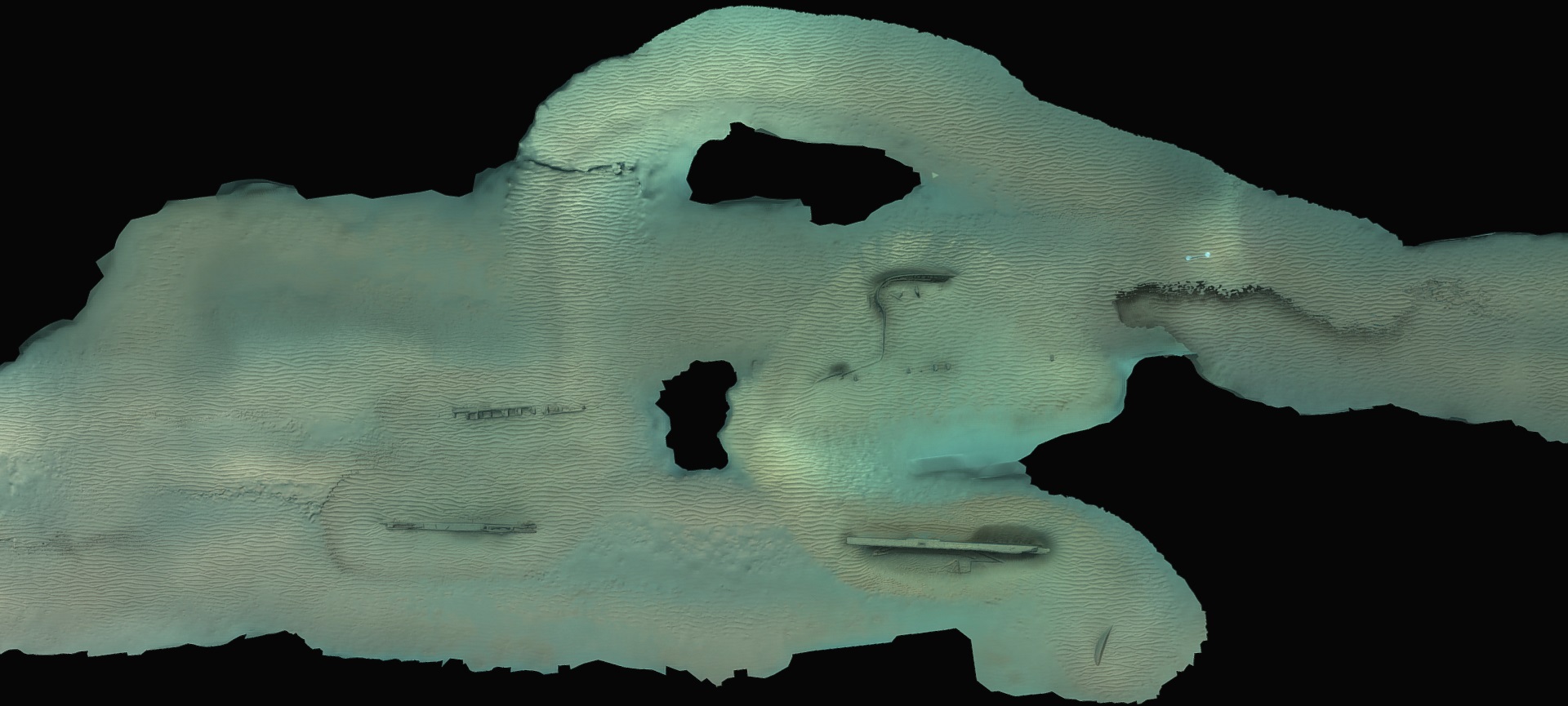
Still image of the Photogrammetry Model of the Noquebay. View the Model Here: https://skfb.ly/oTtBq
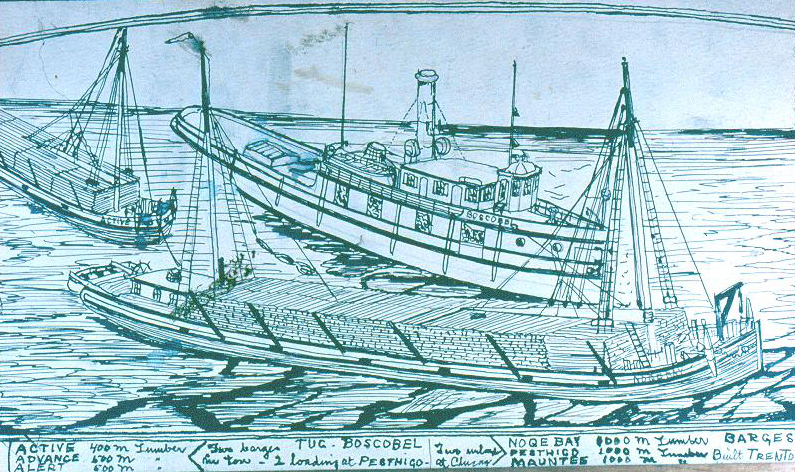
Drawing of the Noquebay
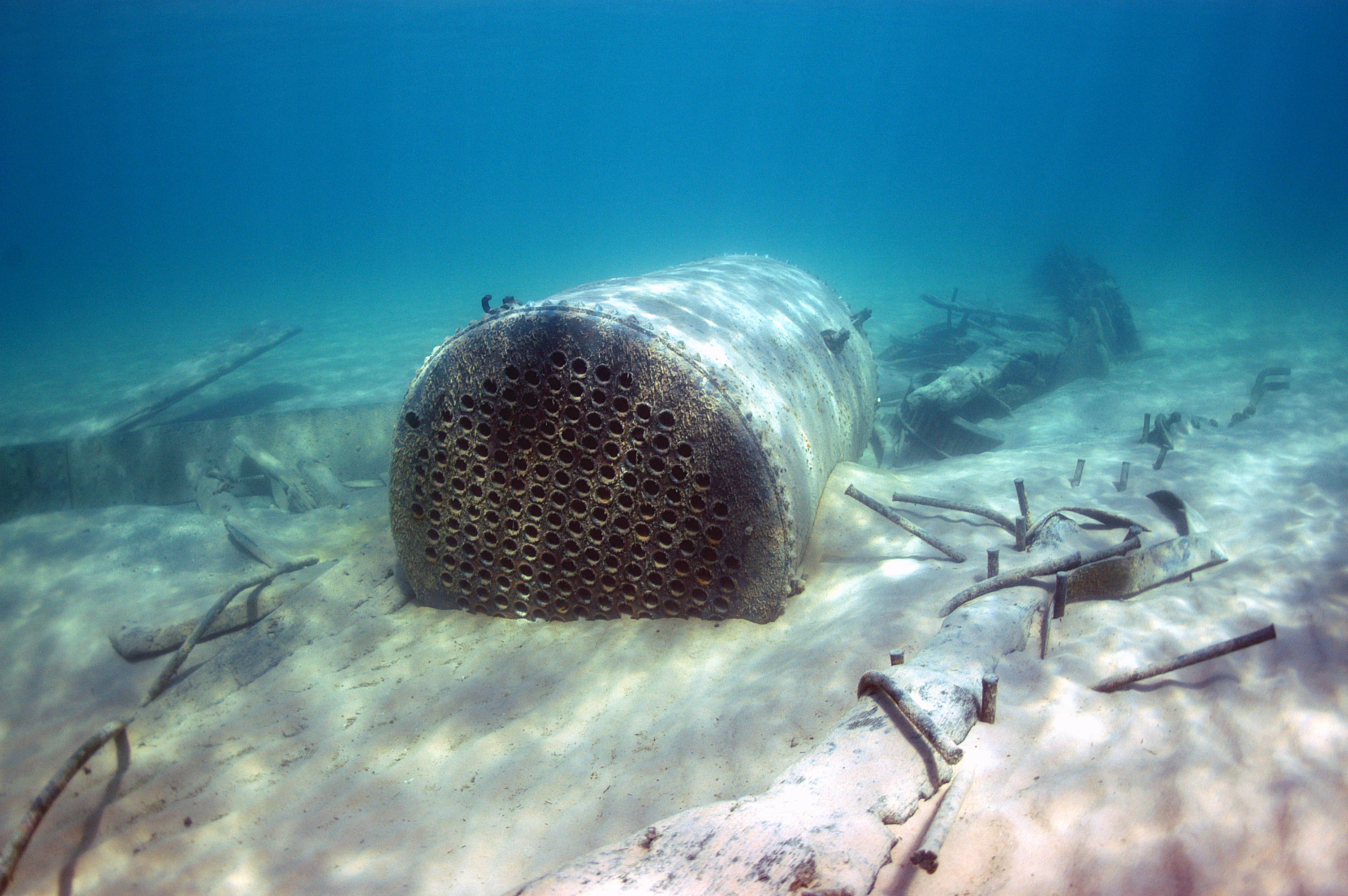
Noquebay's Boiler

 Confirmed Location
Confirmed Location
 Unconfirmed location
Unconfirmed location